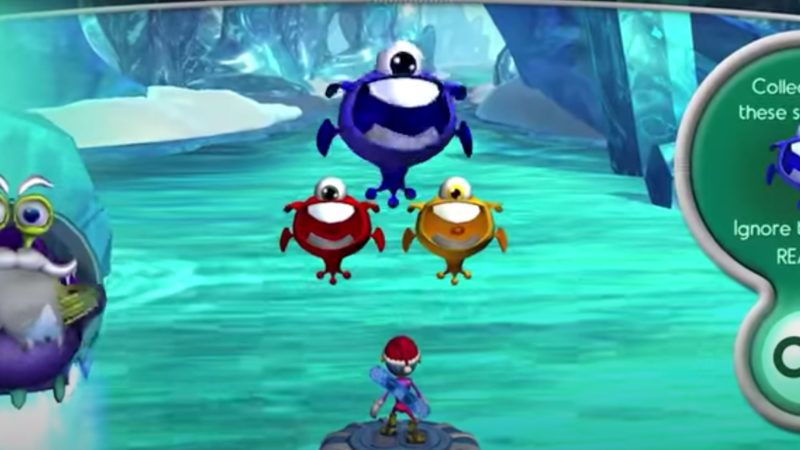The FDA Just Approved the First Video Game for Prescription Use
It’s a new era of digital therapeutics—and a reminder of how burdensome the federal regulatory process is.

Welcome to the future, folks: The Food and Drug Administration (FDA) just approved the first video game for prescription use.
Doctors can now legally prescribe playing the game EndeavorRX to children between the ages of eight and 12 to treat attention deficit hyperactive disorder (ADHD).
Studies have long found that playing video games can have therapeutic effects, often to treat physical pain by distracting players from what hurts, but also to treat anxiety and depression. Thinking about playing games, it turns out, often means not thinking about whatever is making you upset.
But despite the evidence, game makers and medical entrepreneurs have so far been prohibited from marketing video games as having medical benefits. Just as with nutritional supplements and medical devices, any time a company wants to specifically advertise medical benefits for its products, those claims have to be evaluated and approved by the FDA.
In this case, the FDA based its approval on "data from multiple studies in more than 600 children, including studies that evaluated, among other things, whether participants demonstrated improvements in attention function, as measured by the Test of Variables of Attention (TOVA), academic performance measures, and other assessment tools," according to an agency press release. One randomized study, published in The Lancet Digital Health, showed that about half of children diagnosed with ADHD had longer attention spans after playing the game for a month, an effect that improved after two months.
The game isn't designed as a full-on replacement to traditional ADHD treatments, but as an accompaniment. Akili, the company behind the game, has allowed limited enrollment for some families, but has yet to fully launch the game. The company does not currently have a launch timeline, but says the game will be available "soon."
As The Verge reported in 2017, Akili has been working toward the development of therapeutic video games for years, but this is the first time any game has received federal approval; the company's press release brags that the clearance "creates a new class of digital therapeutics," that "marks the culmination of nearly a decade of research and development."
The advent of digital medicine and therapeutic gaming is a welcome one, and it suggests a growing shift in the cultural reputation of computer games, which have long been popularly viewed as time-wasters more likely to cause mental health issues than treat them: Earlier this year, the World Health Organization, which last year officially classified excessive gaming as a disorder, encouraged people to stay home and play video games during COVID-19 lockdowns.
Still, the years upon years Akili put into the creation of the game serves as a reminder of what a barrier the FDA approval process can be to innovation, and how much of what the agency does amounts to regulation of commercial speech. The agency wasn't approving the game itself (game developers release games without FDA approval all the time) but rather the claims of medical benefit the company made about the game, clearing doctors to prescribe it for mental health.
In any case, the agency's approval means that we are now entering a world in which a scenario that countless children have dreamed of is finally possible, in which a kid can truthfully say, "Sorry I'm so hyper, mom: I'll have to go play video games. Doctor's orders."


Show Comments (12)